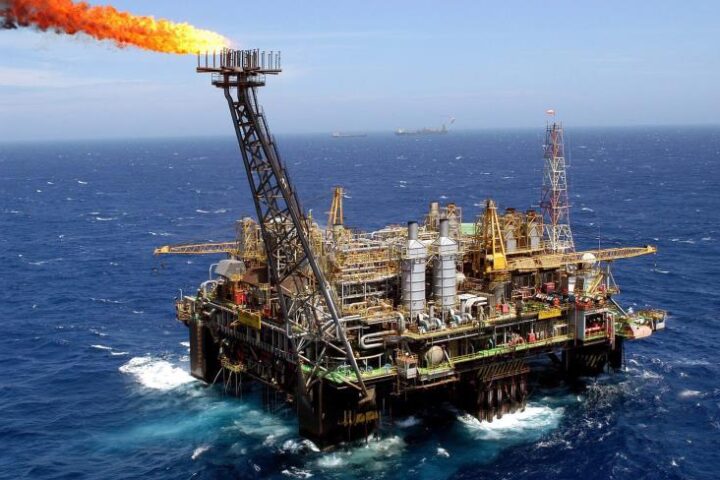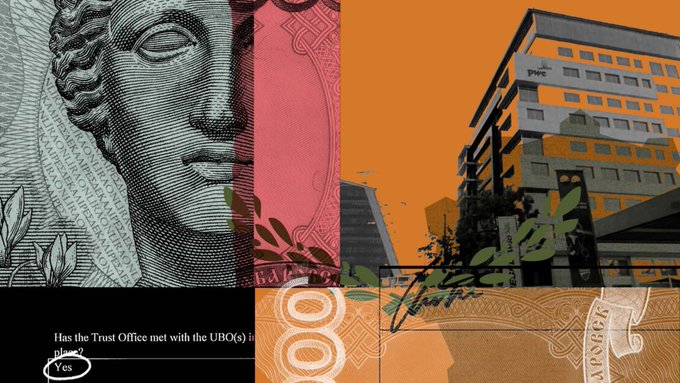As the war in Ukraine shows no sign of abating, Europe is looking to phase out Russian fossil fuels by accelerating renewable energy production.
However, it must ensure reliable access to the minerals and other essential components for the clean energy transition.
This comes at a time when, due to the pandemic, the global supply chain is under immense pressure, raising concerns over whether Europe can rapidly shift to renewable energy technologies, like wind turbines and solar panels, which need considerable quantities of raw materials to manufacture.
According to a study commissioned by metals industry group Eurometaux, the EU’s target of zero emissions by 2050 will require around 35% more copper and aluminium than it consumes today, while lithium demand could grow by 35 times.
In addition, the region will need as much as 26 times more rare earth elements, while cobalt and nickel demand could rise by 330% and 100%, respectively.
While the European Commission recently published its plan to stop importing Russian fossil fuels by 2027, increasing its renewable energy target to 45% by 2030 and implementing a massive rollout of solar power, Europe’s domestic production of raw materials is currently very limited.
Instead, it mainly relies on third countries, with 19 of the 30 raw materials the EU classifies as critical, mainly imported from China.
The momentum seems to be shifting in favour of domestic production.
The EU has started acknowledging that Europe needs to improve its access to raw materials to remain globally competitive in manufacturing and complete its green transition.
At EU level, internal market commissioner Thierry Breton announced the bloc would prepare a legislative proposal and intensify work on the supply of critical raw materials under the REPowerEU Plan, which aims to rapidly reduce dependence on Russian energy and fast forward the green transition.
The strategy lists ways to avoid future trade dependencies by encouraging new mining and refining projects within Europe and recycling scrap metals and waste.
While the need for a more robust and reliable social license to operate remains, member states appear more willing than ever to step up domestic production.
French Ecological Transition Minister Barbara Pompili said in an interview that France should start exploiting its lithium resources to meet increased demand stemming from a shift from fossil fuels.
Belgian Environment Minister Zakia Khattabi called on the EU to boost investment in innovation to produce rare metals in Europe and develop an “ambitious” circular economy.
Even conservation groups are warming to the idea of mining at home, provided that strict environmental and social standards are respected.
For example, Jean-Pierre Schweitzer, senior policy officer at the European Environmental Bureau, said: “The truth is, we are going to need to source new materials for batteries, and we can’t source all of these materials from recycling and circular economy, which we have to maximize as much as possible.”
One thing has become clear: Europe must act quickly to meet its rapidly approaching renewables and emissions targets.
Especially considering that even if member states manage to convince environmental groups and local communities of the importance of stepping up raw material mining at home, new mines take years to be licenced and developed.
By Mark Rachovides, Chair of Venus Minerals and President of Euromines










